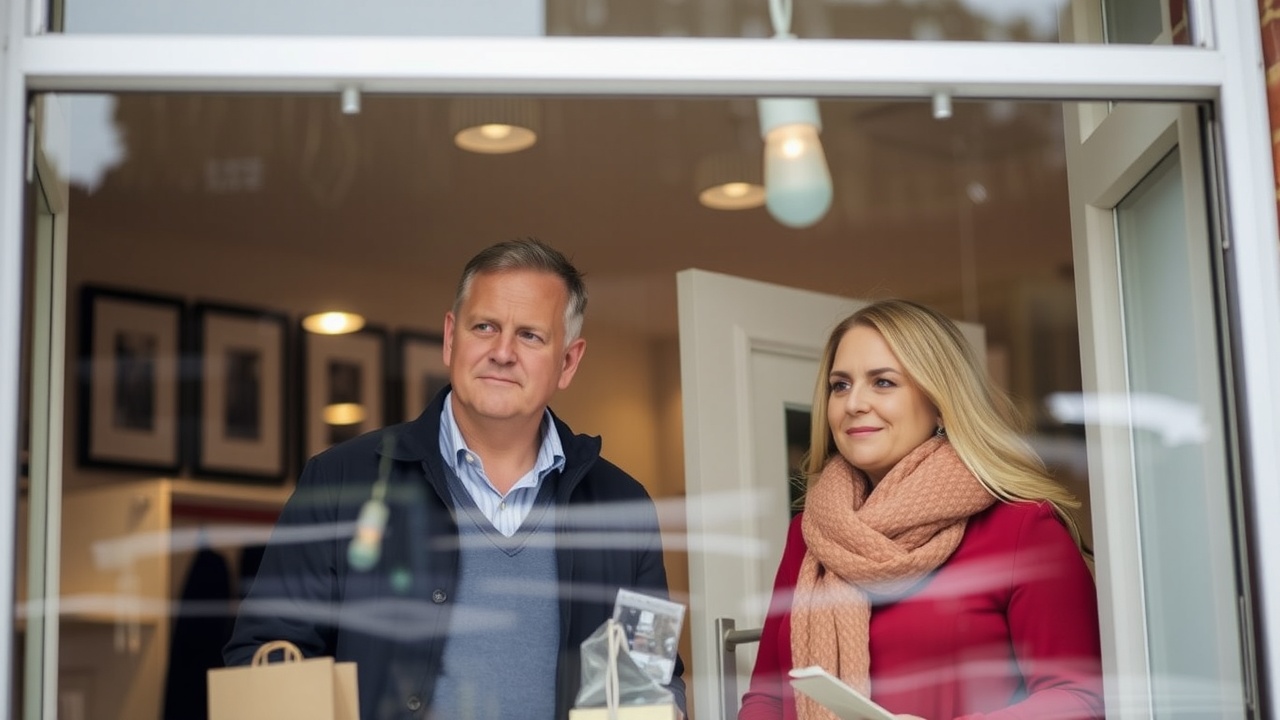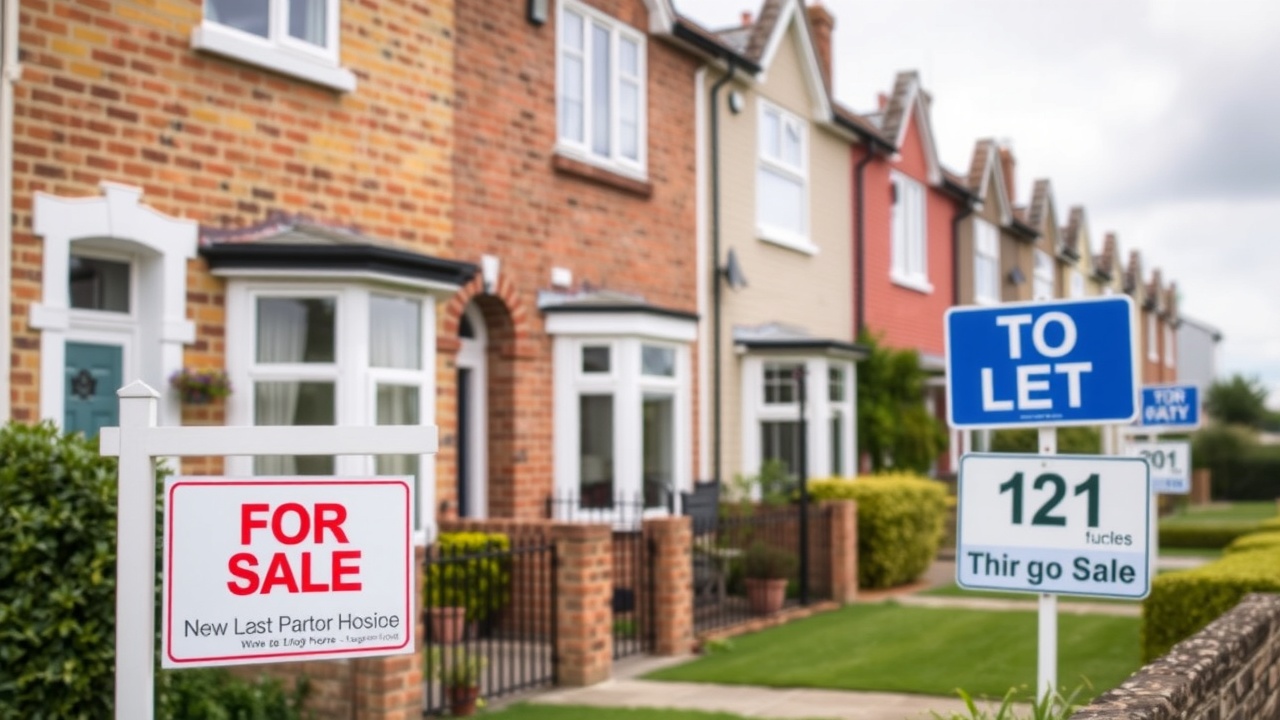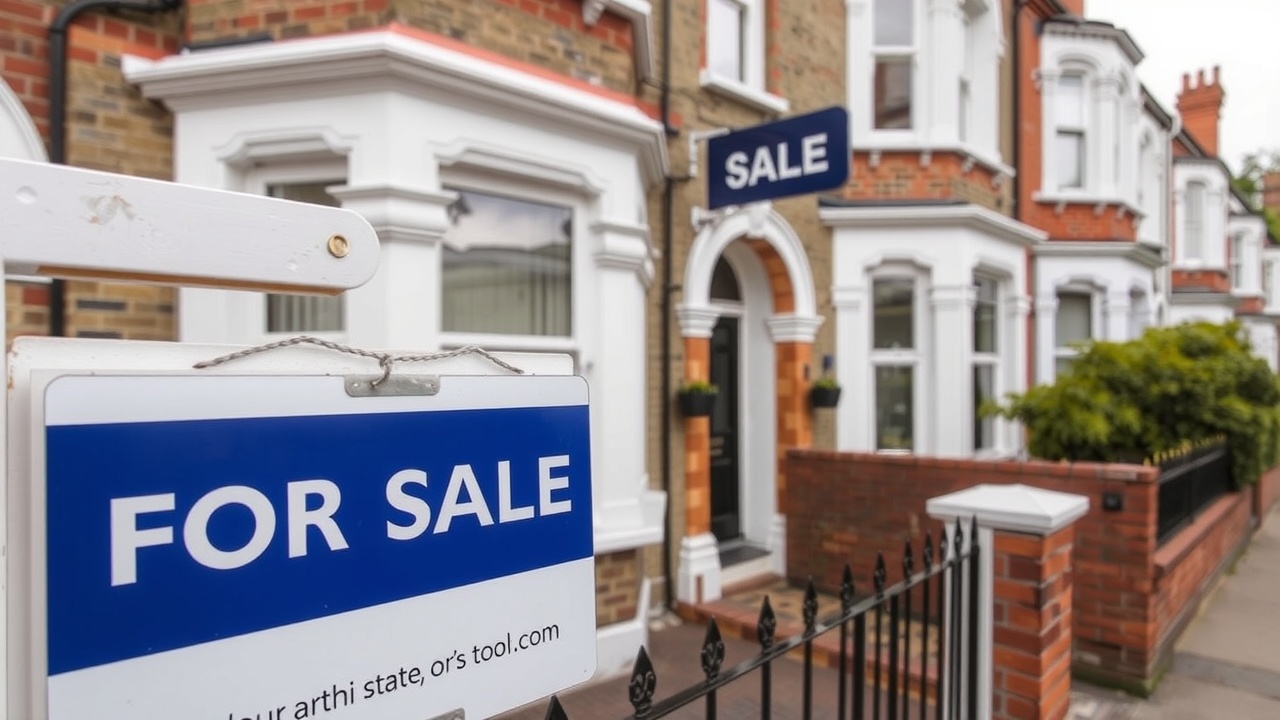
Since it's too late for buyers to meet the stamp duty deadline, sellers are changing their asking prices
Because of impending stamp duty changes, home sellers seem to be lowering their expectations, which is why the average price of properties entering the market was lower in February.
In the first weeks of February, asking prices increased by just 0.5 percent on a monthly basis, according to the most recent Rightmove House Price Index. This is less than the 0.8 percent increase that is usually seen during this time of year.
As stamp duty thresholds are expected to decrease in April, sellers are becoming more realistic about home prices because those who begin the purchasing process now will probably pay higher property taxes.
According to information from the real estate website, the average asking price in the UK as of mid-February was 367,994.
Even so, the number has increased by 1,805 and 1 percent per year.
A typical first-time buyer's home price dropped 0.1 percent per month to 226,887, while the prices of second-stepper and top-of-the-ladder properties increased by 0.5 and 0.6 percent, respectively.
The most recent release comes after asking prices hit a five-year high in January.
Following a strong start to the year, new sellers are displaying some pricing restraint, according to Colleen Babcock, a property expert at Rightmove. This is because they are aware of the intense competition among sellers as well as the impending stamp duty deadline in England and the additional expenses that some buyers may incur.
"Some of the pressure is coming from new sellers adjusting their price expectations to reflect the shifting market conditions, which is a reasonable response to draw in buyers and will also support activity levels, according to agents.
The rush for stamp duty.
Buyers hurried to submit offers and begin the conveyancing process in order to finish before the stamp duty thresholds dropped in April, which caused the real estate market to get off to a busy start to the year.
Home movers currently receive relief on the first 250,000 of a purchase, while first-time buyers currently enjoy zero stamp duty on the first 425,000.
This will decrease to 300,000 and 125,000 starting in April, increasing the price of purchasing a home by thousands.
According to Rightmove, it is not surprising that there are more homes for sale than ever before, which has moderated the price spike in the New Year.
There is an annual increase of 13 percent in the number of new sellers entering the market, compared to an 8 percent increase in buyer demand and a 15 percent increase in agreed sales figures.
More than 550,000 homes have been sold but are still pending legal completion, according to a property websites analysis. This is 25% more than at this time last year, and many of them might not make it in time.
According to Rightmove, the most impacted purchases are those made by first-time buyers between 500,001 and 625,000, with an additional 11,250 at risk if the deadline is missed.
While some movers might not be impacted at all, others will be more negatively impacted, Babcock continued, adding that the impending stamp duty deadline in England is still a major talking point. To try to address some of the injustices in the current system, we have previously proposed reforms like regional differences in stamp duty rates.
It would appear reasonable for the government to declare a brief extension before the end of March, given that the anticipated conveyancing backlog is likely to result in some buyers missing the deadline and having to pay more tax due to circumstances beyond their control.
"For people who live in more expensive parts of England, such as London, the extra stamp duty fees they must pay can be substantial and challenging to pay on top of their already heavy workload. In order to finish before the stamp duty deadline, the typical mover has had to keep a close eye on things since November due to the drawn-out and annoying completion process.
In 2025, will home prices increase?
Forecasts for this year's house price growth currently range from 2 to 4 percent.
However, the stamp duty rush may have pushed many transactions forward to the first quarter in order to avoid the stamp duty changes, which is currently skewing the data.
In April, when buyers will have to deal with higher taxes and higher purchasing costs, it is unclear how pricing will change.
However, asking prices are still expected to increase by 4% this year, according to Rightmove.
"Agents report that underlying market activity remains positive beyond the stamp duty deadline, and they don't expect a major drop-off in activity from April, as the financial impact on many movers is smaller than previous deadlines," Babcock continued.
"The time constraints placed on those who need to sell and buy their next home in order to beat the upcoming stamp duty rises will have put many buyers firmly in the driver's seat when it comes to their next home purchase," stated Toby Leek, president of the estate agent trade body NAEA Propertymark.
We anticipate that both the rate of mortgage approvals and the housing market's pace may slow down in the near future. In order to increase their long-term affordability, those who were unable to move before the stamp duty hikes will probably be anxiously awaiting announcements of future inflation and interest rate changes.














Leave a comment on: Rightmove: Ahead of stamp duty changes, the growth of UK asking prices slows